Andrew St. Pierre White – Creative Video Editing
$97.00 $39.00
Delivery: Within 7 days
Andrew St. Pierre White – Creative Video Editing
Techniques loved by pro broadcast filmmakers
This is an in-depth creative course on the art of memorable film editing.
In the pro broadcast world there are two types of editors: Operators and Editors.
An operator is an editing software expert who understands the intricacies of codecs and the export parameters needed for broadcast. It’s the technical side of video that get operators’ juices flowing. Very often these software ninjas are not particularly creative. Limited creativity is needed to be a successful video operator.
Even though I’ve worked in broadcast TV as an editor for almost 40 years, and I’ve have won prestigious editing awards in New York and Cannes, I’ve never needed to know the technical stuff video editing operators use in their work—and neither do you! The reason for that is simple:
An editor is a totally different species to an operator.
Video editing requires a special kind of creative wizardry, taught in great detail in this comprehensive editing course.
So, I now have a question for you….
Are looking for a course that teaches all the technical stuff regarding video production?
Or. . .
Do you want to become a creatively intuitive, clever video editor, who can produce amazing content from your or other people’s footage?
If you answered yes to the second question, then the CREATIVE VIDEO EDITING course is for you.
After 30 well-structured, professionally presented lessons, and four quizzes/tasks, you will have all the tools and techniques needed to create videos that will capture your audience from the first to the final frame. With so much power in your hands, you can truly change your world.
What You’ll Learn In Creative Video Editing?
Module 01 – Introduction
- An introduction to editing software and an overview on how I teach editing
- An overview of the course.
- Editing software: Where to begin?
Module 02 – Capture Your Audience
- Capture your audience by maximising the impact of your videos
- The power of preparation and organization.
- How to look after your media.
- Grab your audience without delay.
- You’ve captured your audience, now what?
Module 03 – Working with Directors
- Working with directors.
- How to earn the trust of your director.
Module 04 – Music
- The power to create—or to destroy your edit.
- Music Selection: how to get it right—and wrong
- Music editing techniques, including back timing.
- How to let the audio govern the storytelling.
- Music montage editing: Easy to do. Difficult to do well.
- Music montage editing in a commercial.
- Music montage editing using sound effects.
- Music selection.
- Music in a sequence.
- Choosing and using music.
- Task: Help you understand music selection techniques.
- Learn by example.
- Music and motion: An editing example.
Module 05 – Telling the Story
- Story Telling Structures and editing techniques.
- Editing structure techniques.
- More editing structure techniques.
- Combining footage from various cameras.
- Using the 4-second rule in an edit.
- Transitions.
Module 06 – Music, Sound Effects and Narration
- Music and Sound Effects: Samples.
- The power of sound effects.
- Combining music, sound effects and narration.
- Narration.
- Show versus tell.
- Use of still images.
- Pace. Guidelines on how set a pace within your videos.
Module 07 – YouTube
- Be a presenter.
- Presenter examples.
- Creating a YouTubed channel for success.
- Editing software and hardware.
- Conclusion, summary and intro to the Shooting for Storytelling course.
More courses from the same author: Andrew St. Pierre White
Be the first to review “Andrew St. Pierre White – Creative Video Editing” Cancel reply
You must be logged in to post a review.
When will I receive my course?
You will receive a link to download your course immediately or within 1 to 21 days. It depends on the product you buy, so please read the short description of the product carefully before making a purchase.
How is my course delivered?
We share courses through Google Drive, so once your order is complete, you'll receive an invitation to view the course in your email.
To avoid any delay in delivery, please provide an Gmail and enter your email address correctly in the Checkout Page.
In case you submit a wrong email address, please contact us to resend the course to the correct email.
How do I check status of my order?
Please log in to Courseforjob account then go to Order Page. You will find all your orders includes number, date, status and total price.
If the status is Processing: Your course is being uploaded. Please be patient and wait for us to complete your order. If your order has multiple courses and one of them has not been updated with the download link, the status of the order is also Processing.
If the status is Completed: Your course is ready for immediate download. Click "VIEW" to view details and download the course.
Where can I find my course?
Once your order is complete, a link to download the course will automatically be sent to your email.
You can also get the download link by logging into your Courseforjob account then going to Downloads Page.
Related products
Design & Creative
Design & Creative
Design & Creative
Design & Creative
Film Editing Pro – Premiere Pro Quickstart + Power User Pack
Design & Creative
Emil Pakarklis – iPhone Editing Academy – iPhone Photo Masters
Design & Creative
Design & Creative



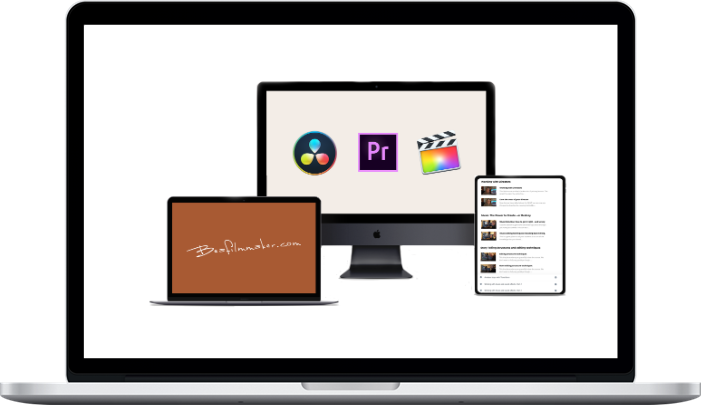
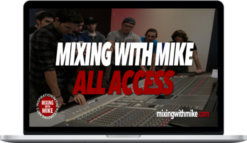
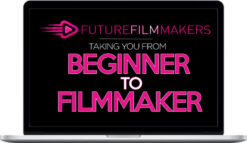
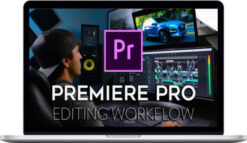
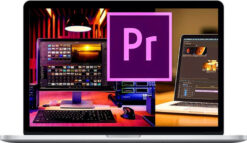
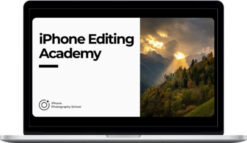
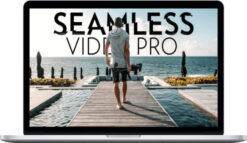
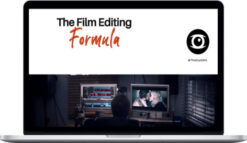
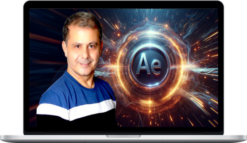
Reviews
There are no reviews yet.